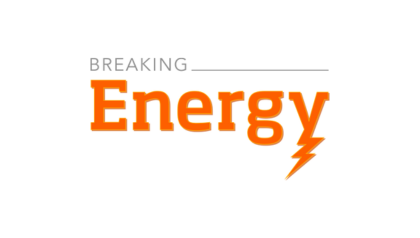
US oil companies would be hobbled in their response to an oil spill from wells off the cost of Cuba, a Senate committee heard this week.
If there’s an oil spill from wells being drilled off the Cuban coast, US companies have sophisticated response equipment just 100 miles away – but couldn’t use it due to long-standing sanctions against Cuba.
That was the testimony from multiple witnesses before the Senate Energy & Natural Resources Committee this week, as the committee focused on US preparedness for spills from deepwater drilling by neighboring nations in the Caribbean and the Arctic Seas.
A Spanish company, Repsol, will drill an exploratory well in Cuban waters, about 60 miles from Key West, in January. Ocean currents would carry any spilled oil to Florida beaches. Repsol also works in US waters, and is allowing US officials to inspect the new drilling rig it is using before the rig sails into Cuban waters.
Michael Bromwich, the top US drilling safety official, said the company is cooperating fully with his office. He added that key personnel on the rig will be Repsol’s, giving him confidence in the rig’s being operated safely.
Exploration Boom
However, once the Repsol well is drilled, the rig moves to another Cuban site and will be operated by Malaysian oil company Petronas and Russian giant Gazprom. Other companies exploring in Cuba include India’s ONGC and Angola’s Sonangol, none of which drill in US waters. Bromwich and Coast Guard Vice Admiral Brian Salerno said the US has no direct way to pressure Cuba on safety since relations are so limited.
Paul Schuler, president of Clean Caribbean & Americas, said his nonprofit, which is supported by oil companies, maintains a pooled spill response capability that can move air and sea mobile equipment into place at need. He said it will have some equipment positioned in Cuba when drilling starts, and can call on equipment in the UK in an emergency.
But if a Cuban well blows out, he said, the nearest and most advanced equipment to control it will be technology developed in the US after the 2010 Deepwater Horizon disaster. Schuler said US law bars sending equipment to Cuba without getting export licenses that have taken years for his company to obtain in the last decade.
Massive offshore reserves have the potential to further transform the energy industry in the coming years. Check out: Unconventional No More, Huge Oil And Gas Plays Emerge.
Jorge Piñon of the Latin American And Caribbean Center, who described himself as a “proud Cuban-American,” said he understood the politics of South Florida’s Cuban community, which has traditionally insisted on maintaining decades-long sanctions against Cuba.
But Piñon said all the oil companies involved in Cuba are international, that many of them work with US companies, and the that US can get a positive response from them on safety if the US approaches everyone cooperatively instead of through confrontation. The historic Cuba politics are hurting the economy of Florida, he said.
“It sounds like we’re cutting off our nose to spite our face,” Sen. Bob Corker (R-TN).
Sen. Lisa Murkowski (R-AK) said it would be extremely frustrating for Americans to see the country in “standby mode” unable to move to halt an oil spill damaging Florida.
Sen. Joe Manchin (D-WV) said the US faces “tremendous danger” from Cuba’s “Communist government,” and asked whether the Obama administration is talking about lifting some sanctions in return for ability to participate in emergency response. No witness was aware of such an initiative; Salerno noted, “That would be way over my pay grade.”
Lessons From A Cold Climate
In the Arctic, witnesses said, the US is cooperatively working with Canada and Russia on drilling safety and emergency response as shrinking Arctic Sea ice opens more areas to oil and gas exploration. Both those countries have more and better vessels equipped to handle Arctic waters, they said, while US response capability depends heavily on drilling companies providing equipment.
Murkowski pointed to the US’s lack of icebreakers – only one operational, while Russia has 28 – and said the US would be in a better position to influence safety elsewhere if more US waters were open to drilling.
“We cannot expect international compliance with anything close to US standards if we cannot first demonstrate that those standards work in a viable and profitable way here at home,” Murkowski said. “Our best defense against foreign spills is the responsible development of our own offshore resources.”
Check out extensive oil industry coverage from Breaking Energy here.
